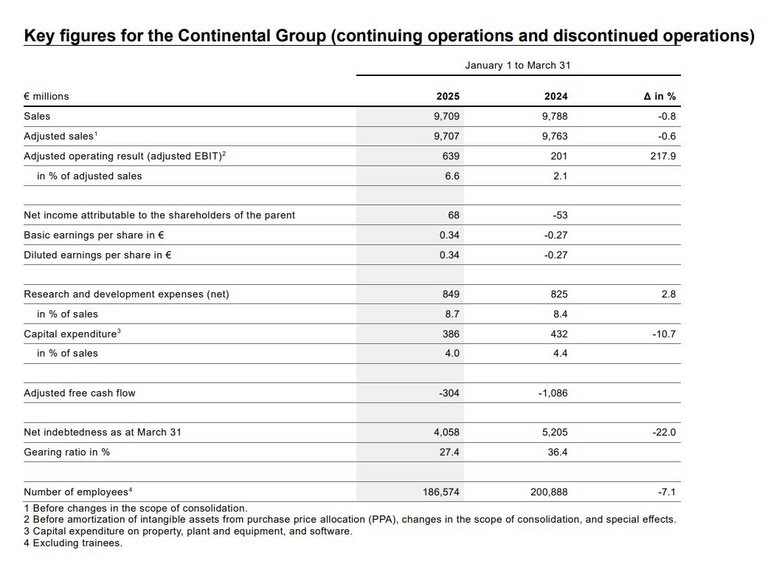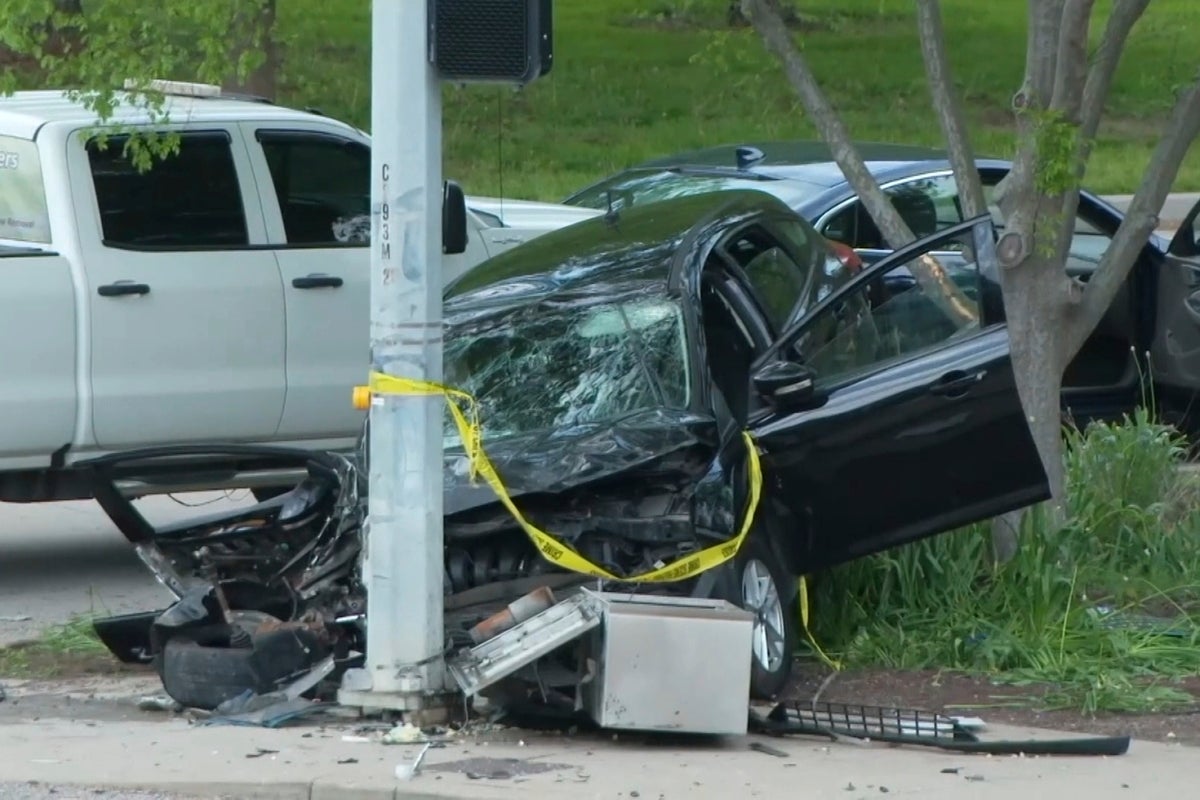Reopening Alcatraz would be a huge step backward for American justice
President Trump's suggestion to reopen Alcatraz Federal Penitentiary ignores decades of data, deadly mistakes, and public reckoning with the failures of punitive incarceration.

By floating the idea of reopening the notorious Alcatraz Federal Penitentiary, President Trump revealed more than just a nostalgia for tough-on-crime theatrics — he also evinced a dangerous misunderstanding of what modern justice requires.
Alcatraz was not closed in 1963 because America suddenly went soft on crime. It was shut down because the institution itself had become unsustainable — economically, physically, and morally. Crumbling infrastructure, soaring operational costs, and its symbolic weight as a fortress of isolation made it clear that Alcatraz belonged to a bygone era even then.
The idea of reviving it now as a functioning federal prison ignores decades of data, deadly mistakes, and public reckoning with the failures of punitive incarceration. America's most violent prison uprisings — Attica (1971), New Mexico State Penitentiary (1980), and Lucasville (1993) — were born of the same conditions that defined Alcatraz: overcrowding, inhumane treatment, and institutional neglect.
In those three riots alone, more than 75 prisoners and guards lost their lives. Alcatraz itself saw bloodshed during the 1946 escape attempt known as the "Battle of Alcatraz," in which two correctional officers were killed and 18 were wounded.
This is not a history to romanticize, but a warning for the future.
To be clear, no one is suggesting that violent offenders should go unpunished. But any serious policy on public safety must begin with one simple truth: we cannot incarcerate our way out of social failure.
A reopened Alcatraz would be a billion-dollar monument to mass incarceration, at a time when local and federal leaders should instead be investing in rehabilitation, reentry services, mental health care, and alternatives to prison.
Justice must be more than iron bars and concrete. It must restore, not just punish. The U.S. already leads the world in incarceration. That shameful fact should move us toward innovation and redemption, not regression.
Let Alcatraz remain a museum — a relic of what we must never again become, not a reality show about punitive fantasies.
Ernest E. Johnson is a prison reform advocate, Chairman of the nonprofit Friends of the Frank Reeves Center, and a candidate for the Democratic nomination for Mayor of Washington, D.C.














































































